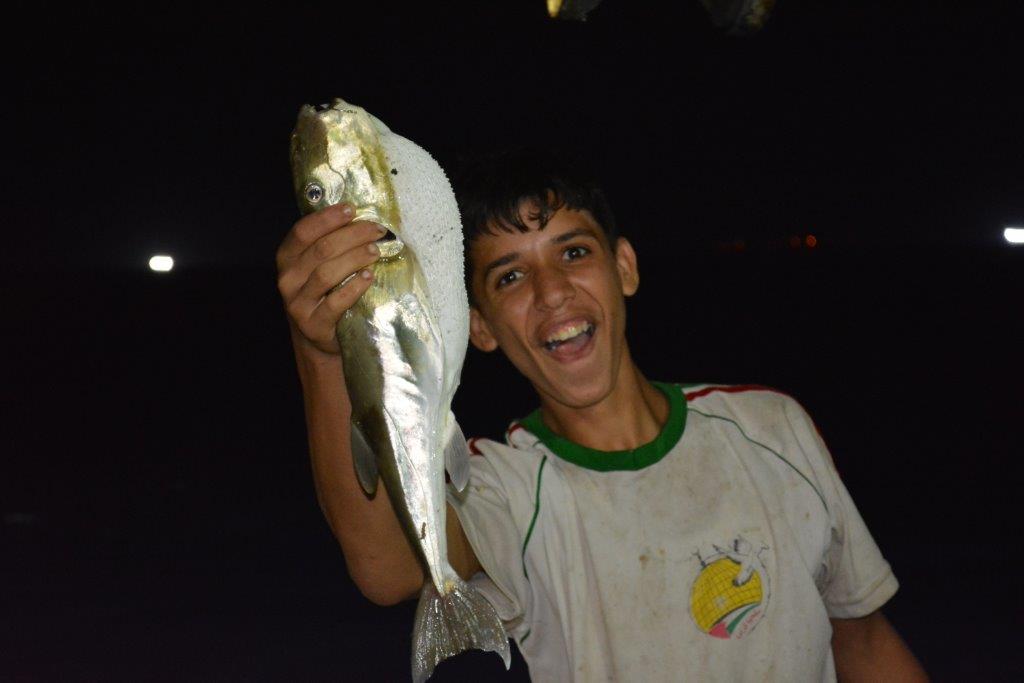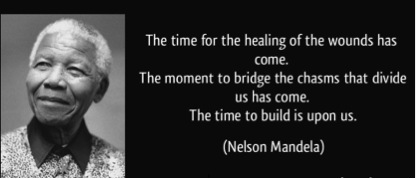Tag: Operation Protective Edge
-
A call from Gaza: Make Israel Accountable for its Crimes in Gaza – Intensify BDS!
5th September | BDS Movement | Occupied Palestine From the ruins of our towns and cities in Gaza, we send our heartfelt appreciation to all those who stood with us and mobilized during the latest Israeli massacre. In the occupied West Bank, Israel has embarked on one of its largest illegal land grabs in decades…
-
Fishing in Gaza
3rd September | Charlie Andreasson | Gaza, Occupied Palestine We sailed out from Gaza City’s harbor just before dusk with the 13-man crew, including two boys, and we had a theoretical possibility to reach six nautical miles for fishing. But that the limit determined by the occupying power would have been moved from three to six…
-
Self-healing in Gaza
29th August 2014 | Sarah Algherbawi | Gaza, Occupied Palestine Sarah Algherbawi is a Palestinian citizen who was born in Saudi Arabia in 1991 and now lives in the Gaza Strip. She finished her BBA degree in Business Administration at the Islamic University of Gaza, and now works as a media project coordinator. The killing and bombing is finally done.…



